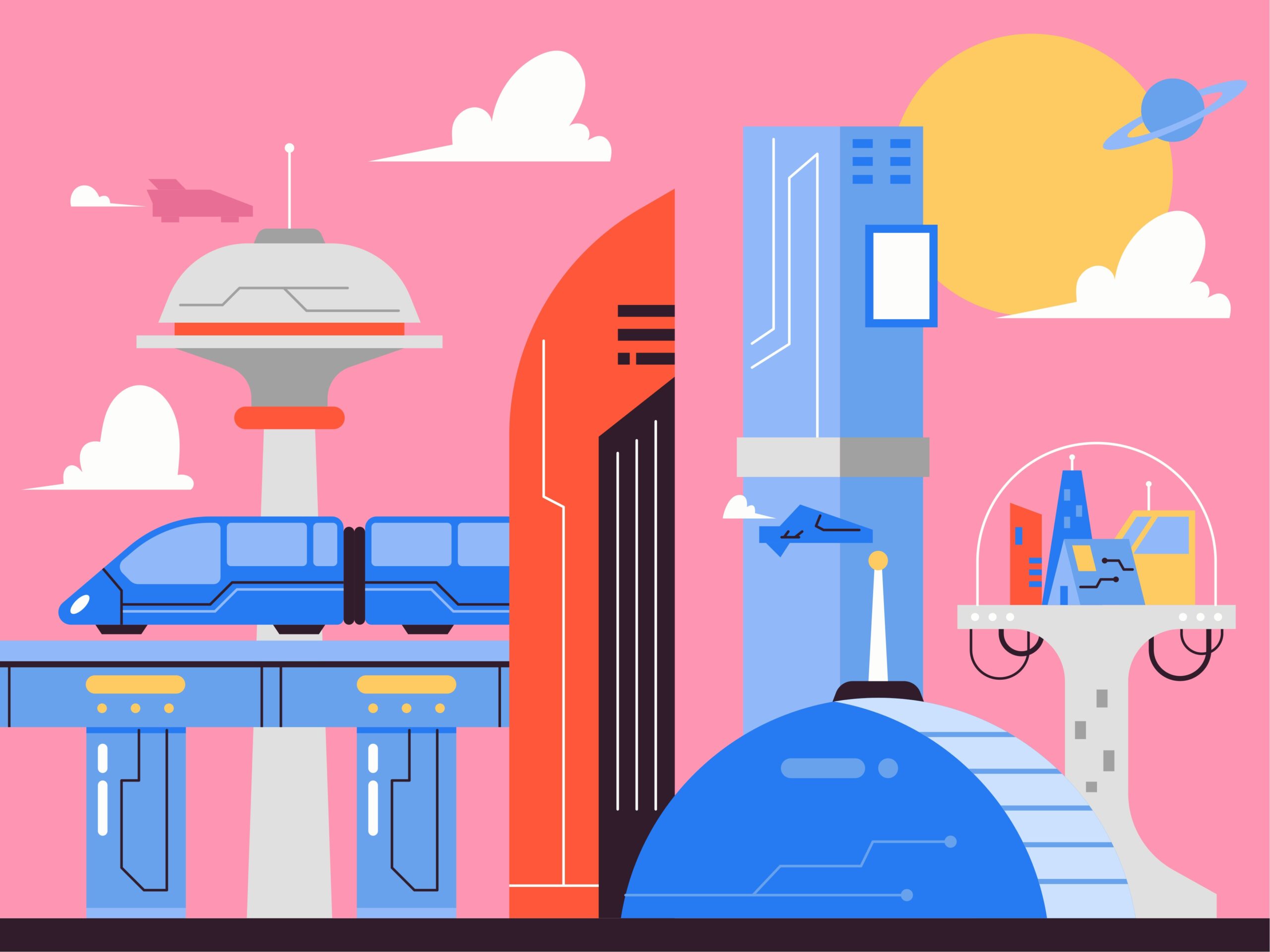In today’s rapidly evolving digital landscape, artificial intelligence (AI) is becoming an integral part of our daily workflows. As we navigate this new terrain, a curious phenomenon is emerging: the lines between AI-generated and human-created content are becoming increasingly blurred. This shift is challenging our traditional notions of content creation and raising important questions about the future of work and creativity.
The Current Landscape
Currently, there’s a noticeable trend in flagging or identifying AI-generated content. However, as AI becomes more deeply integrated into our workflows, this distinction is becoming less clear-cut. The result? A growing difficulty in determining whether a piece of content is entirely AI-generated, human-created, or a hybrid of both.
Factors Driving the Blur
Several key factors are contributing to this blurring of lines:
- Human-AI Collaboration: As AI tools become more sophisticated and user-friendly, we’re seeing an increase in collaborative efforts between humans and AI. This partnership is producing content that bears the hallmarks of both human creativity and AI efficiency.
- AI Advancements: Modern AI models are becoming incredibly adept at mimicking human language patterns and styles. This evolution makes it increasingly challenging to distinguish between AI and human-generated content.
- Limitations of Detection Tools: While tools exist to detect AI-generated content, they’re not infallible. These tools can sometimes misclassify human-created content as AI-generated, adding to the confusion.
- The Rise of Hybrid Content: More and more, we’re seeing content that starts with an AI-generated base but is then edited, expanded, or refined by human creators. This hybrid approach further blurs the line between AI and human authorship.
- Widespread AI Adoption: As AI tools become more accessible and integrated into various industries, the amount of purely human-generated work is decreasing. This shift is normalizing the presence of AI in our creative and professional outputs.
Shifting Focus: From Origin to Quality
As the distinction between AI and human-generated content becomes less clear, we’re seeing a shift in focus. Instead of fixating on the origin of the content, there’s a growing emphasis on its quality and value. Even tech giants like Google are prioritizing content quality over its method of creation in their algorithms.
The Future of Content Creation
Looking ahead, it’s likely that the question of “Is this AI or human-generated?” will become less relevant. Instead, we may see a greater appreciation for high-quality content that leverages the strengths of both AI and human creativity. This shift could lead to new forms of content creation that we haven’t yet imagined.
Adapting to the New Reality
For organizations and individuals alike, adapting to this new reality will be crucial. This may involve:
- Developing new skills that complement AI capabilities
- Rethinking content creation strategies to leverage AI effectively
- Focusing on the unique value that human creativity and insight can bring to AI-assisted work
Conclusion
The blurring lines between AI and human-generated content represent not just a challenge, but an opportunity. By embracing this new era of collaboration between humans and AI, we have the potential to create content and solutions that are more innovative, efficient, and impactful than ever before. As we move forward, our focus should be not on distinguishing between AI and human contributions, but on harnessing the best of both to drive progress and creativity to new heights.









